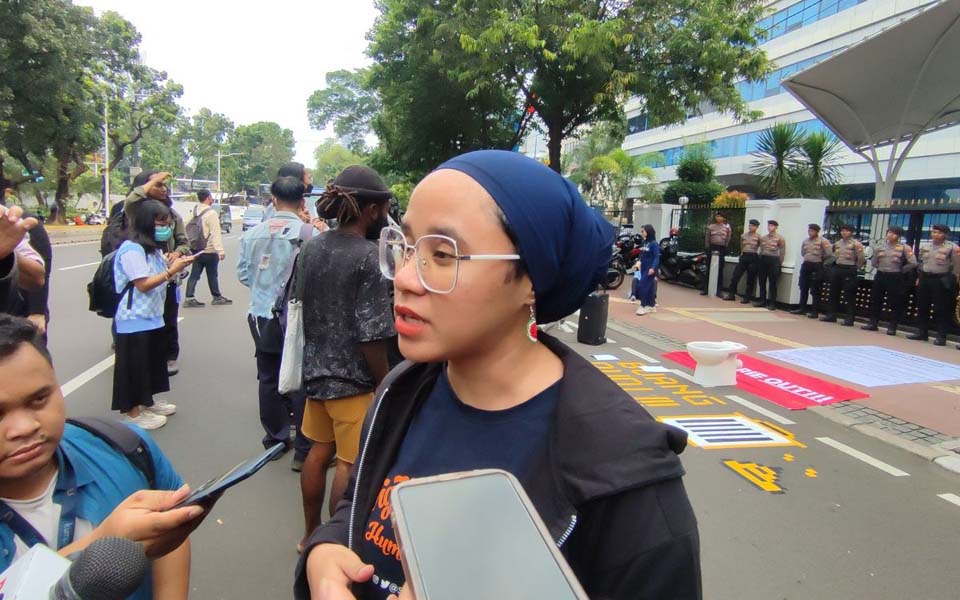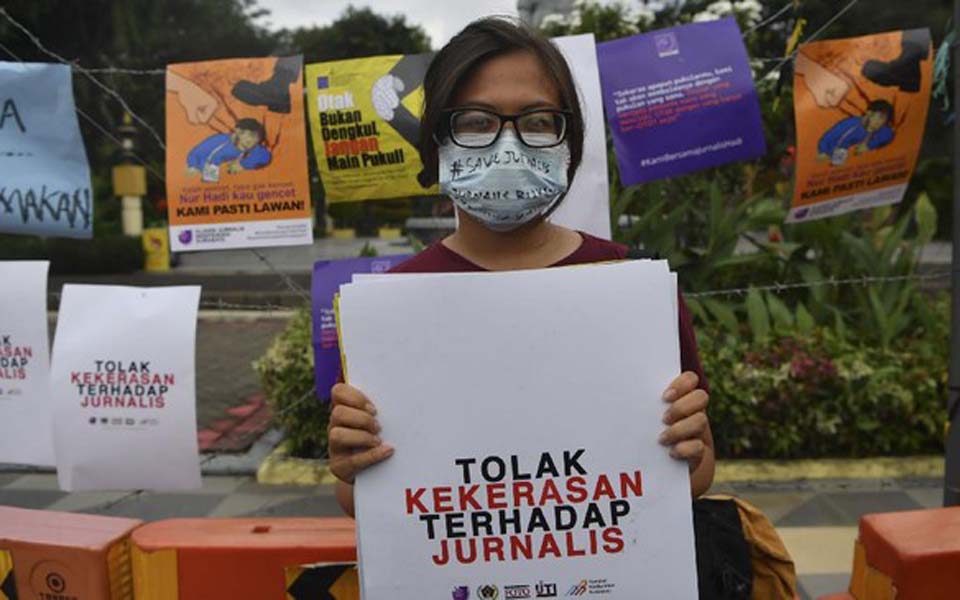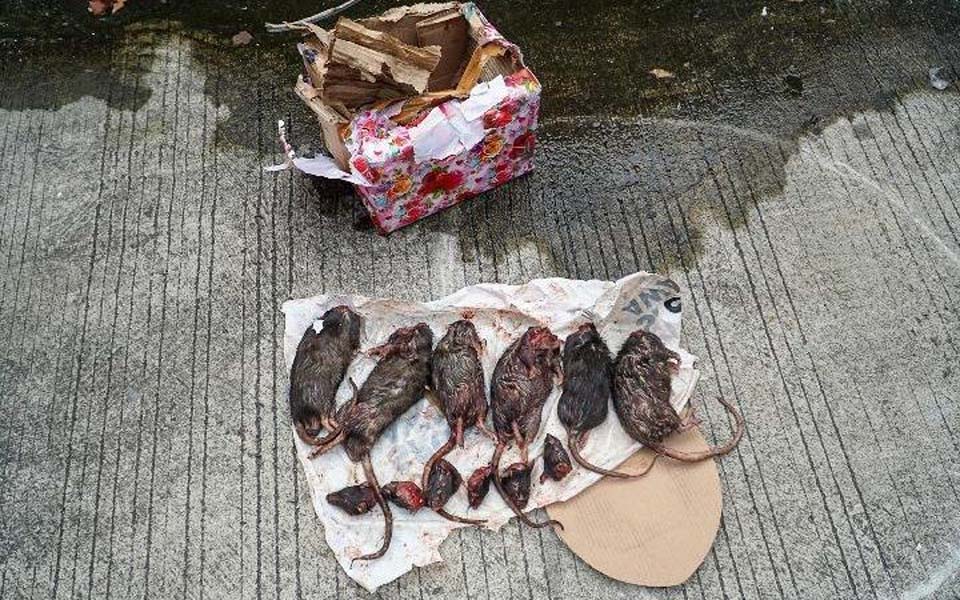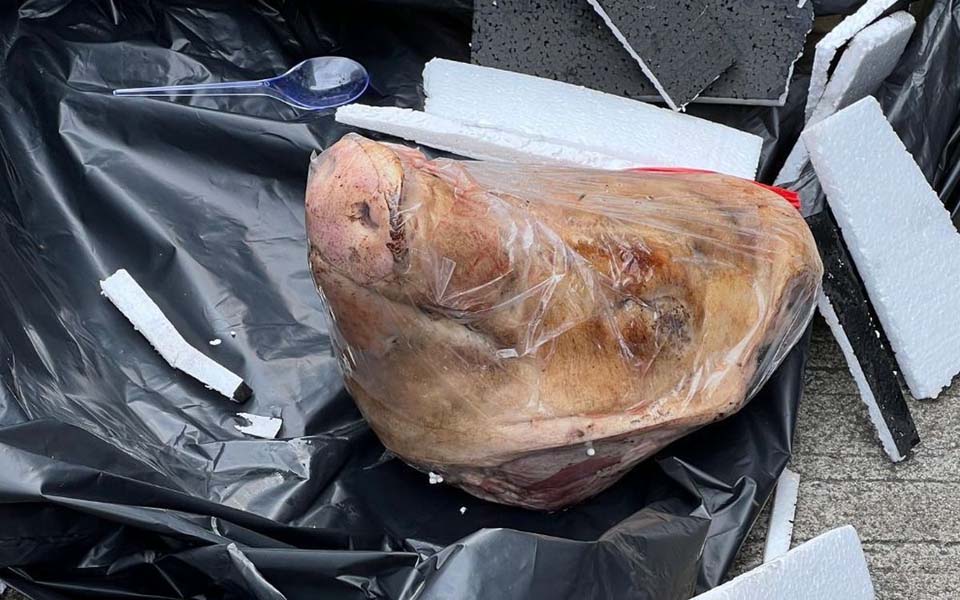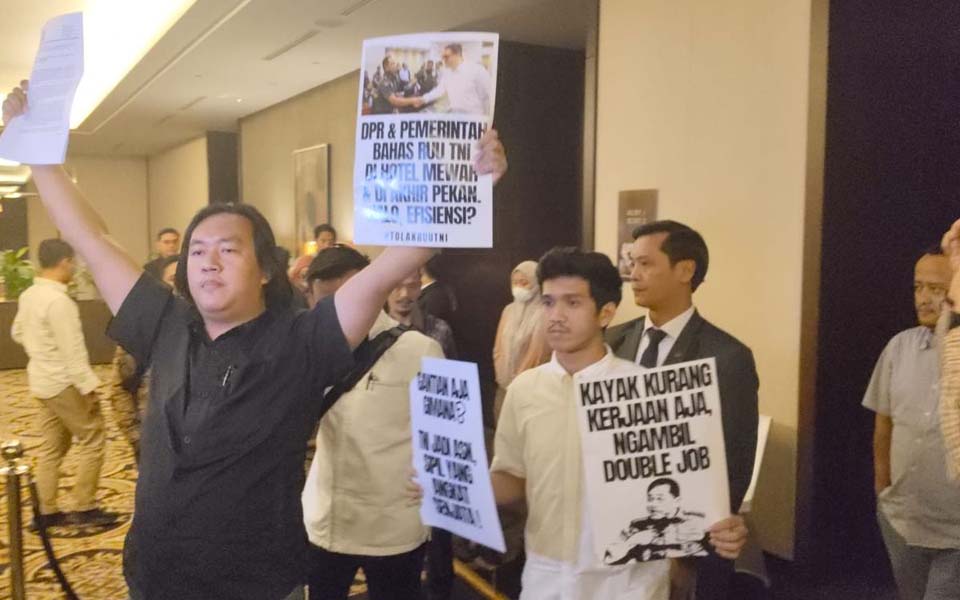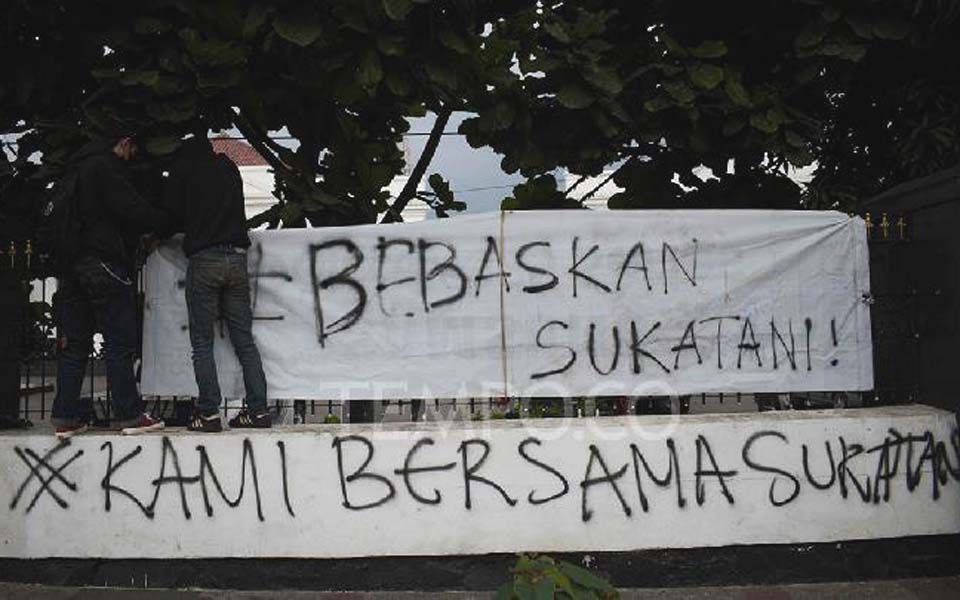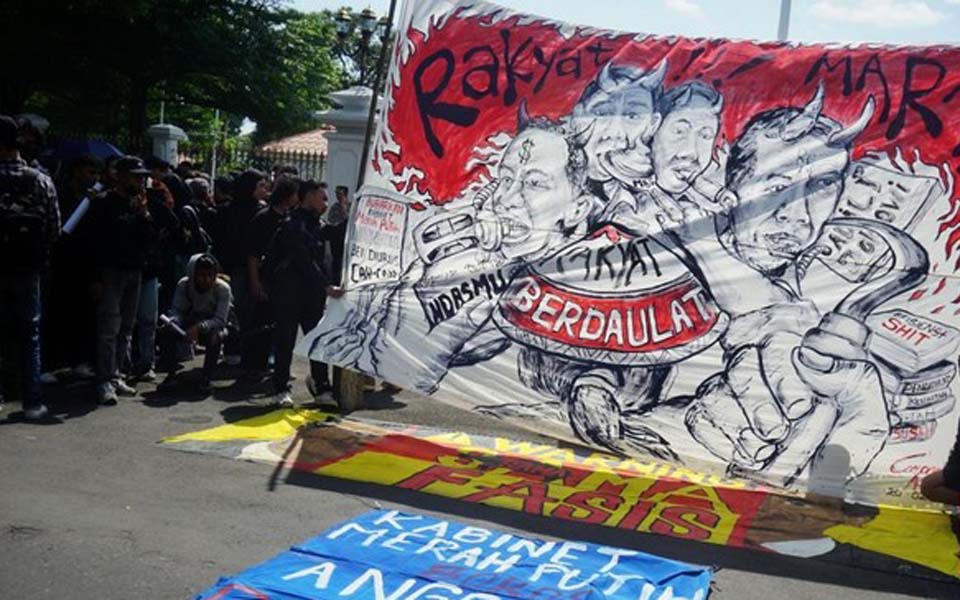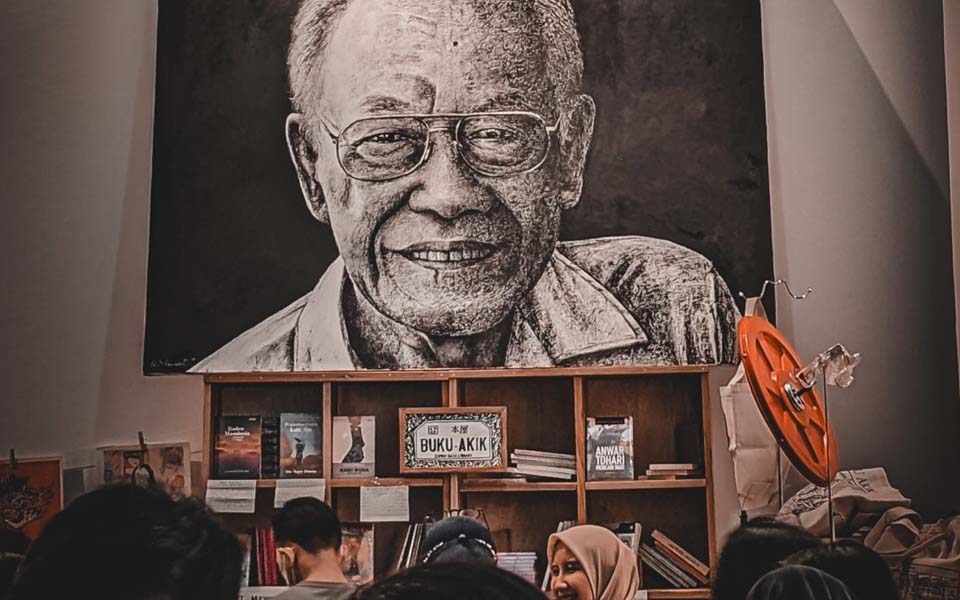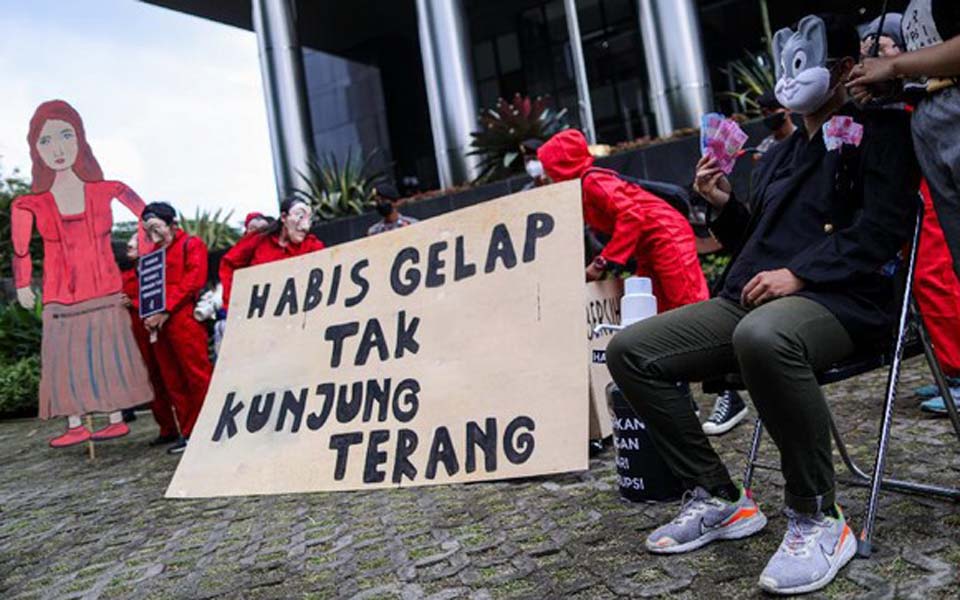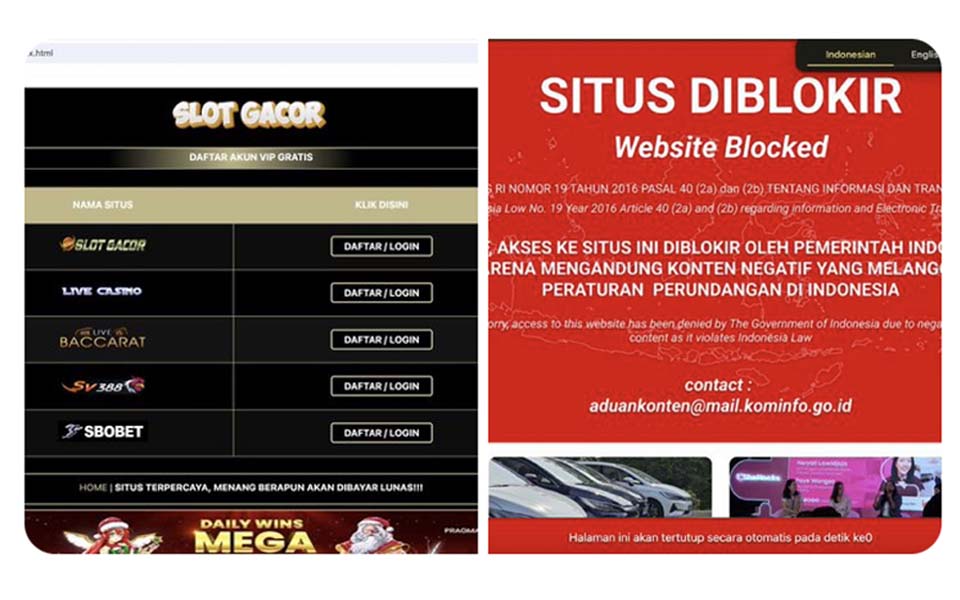Jakarta – The Indonesian Legal Aid Foundation (YLBHI) has responded to President Joko "Jokowi" Widodo's statement yesterday asking the public to be more active in conveying criticism by citing the many cases of alleged criminalisation and digital attacks which have occurred over the last three years.
YLBHI advocacy division head Muhammad Isnur revealed the various and increasing kinds of threats felt by people who have actively voiced their views in the Widodo era.
"Yes [those who criticise are at risk]. Because criminalisation and digital attacks are growing", said Isnur in a press release sent to CNN Indonesia on Tuesday February 9.
Isnur also said that the number of cases of alleged criminalisation by the authorities against those who voice an opinion is still high.
YLBHI's 2018 End of Year Report, for example, found many cases of alleged criminalisation of human rights defenders. It also cited three cases involving the Information and Electronic Transaction Law (ITE) and three cases of the forced dispersal of protest actions.
There was also alleged criminalisation of trade unions and counter-suits against academics with two cases each. In addition to this, there was intimidation in the form of sexual violence and the pointing of firearms with one case each.
Not stopping there, in 2019 the YLBHI recorded 47 case of alleged criminalisation of civil society activists involving a total of 1,019 victims.
If categorised by issue, agrarian conflicts were in the highest with as many as 11 cases (23 percent). This was followed by freedom of expression with 10 cases (21 percent), which was on par with cases of criminalisation related to forest and land fires with 10 cases (21 percent).
Other cases of alleged criminalisation were because of job dismissals with six cases (13 percent) and criminalisation for opposing mines and fighting for the environment with four cases each (4 percent).
The threats against those who express views have continued up until last year. According to Isnur, based on the YLBHI's records, of the many cases of violations against freedom of opinion and expression, criminalisation was the modus which was most often used. As a percentage, these cases totalled 52 percent.
"This is what also caused the police to be the principle actors in misusing criminal provisions to indict people who exercised their right to [freedom] of opinion and expression", added Isnur.
Aside from criminalisation, the other modus which emerged in 2020 was arbitrary arrests, excessive violence, forced disbursal, obstruction of movement, intimidation, disregarding violence by social or mass organisations (ormas), the hacking of social media accounts, creating a bad image and restricting access to legal aid.
Meanwhile, data from the Civil Society Coalition for the Protection of Human Rights Defenders for January-October 2020 shows that there were 116 attacks against human rights defenders.
These attacks were carried out through two methods. First, direct attacks such as robbery, arbitrary arrest, the repressive dispersal of activities, criminalisation, violence and intimidation. Then there were indirect attacks through the hacking and highjacking of social media accounts.
Earlier, when giving a speech at the launch of the Indonesian Ombudsman's 2020 Annual Report, President Widodo declared a desire to hear more input and criticism about the government's performance. This, according to Widodo, is needed to improve the quality of public services.
"The public must be more active in conveying criticism, input, or potential maladministration, and public services must continue efforts at improvement", said Widodo on Monday February 8.
If this is indeed Widodo's wish, bearing in mind the series of cases which have occurred, Isnur is asking the president for concrete evidence and hopes that similar threats against freedom of expression are not repeated following Widodo's statement.
He also asked President Widodo to be more open in accepting public input. "Yes, it would be best if Jokowi is diligent and open in listening to public input. Read what's [written] in the press properly", said Isnur. (rzr/NMA)
[Translated by James Balowski. The original title of the article was "Respons Jokowi soal Kritik, YLBHI Beberkan Data Kriminalisasi".]






